Latest News
Top Story
 Shamu praises Mnangagwa's SADC leadership
Shamu praises Mnangagwa's SADC leadership Former Information Minister Webster Shamu has praised President Emmerson Mnangagwa for his recently concluded tenure as...
Top Story
 South Africa is in serious trouble
South Africa is in serious trouble South Africa has been hit by some of the highest tariffs of any country, with increased duties placed on its goods expo...
Top Story
 US halts visa services for Zimbabwean nationals
US halts visa services for Zimbabwean nationals The US Embassy in Zimbabwe suspended most visa services in the southern African nation until further notice, while indic...
Top Story
 ZSE pushes for another equities tax cut to boost selloffs
ZSE pushes for another equities tax cut to boost selloffs The Zimbabwe Stock Exchange Holdings (ZSEH) is lobbying the government for a further reduction in the capital gains with...
Top Story
 Gold edges up as traders await guidance
Gold edges up as traders await guidance Gold edged higher as traders weighed the outlook for US monetary policy ahead of a key speech by Federal Reserve Chair J...
Top Story
 Inside Buhera's hidden cost of lithium
Inside Buhera's hidden cost of lithium Sabi Star Mine, operated by Chinese-owned Maxi Mind, is at the centre of environmental havoc in Mukwasi Village, Buhera....
Top Story
 Young Investment Professional (YIP) Graduate Programme 2019
Young Investment Professional (YIP) Graduate Programme 2019 Company Name Investec Asset Management Company Location Cape Town, Western Cape, South Africa Click HEREJob descriptionO...
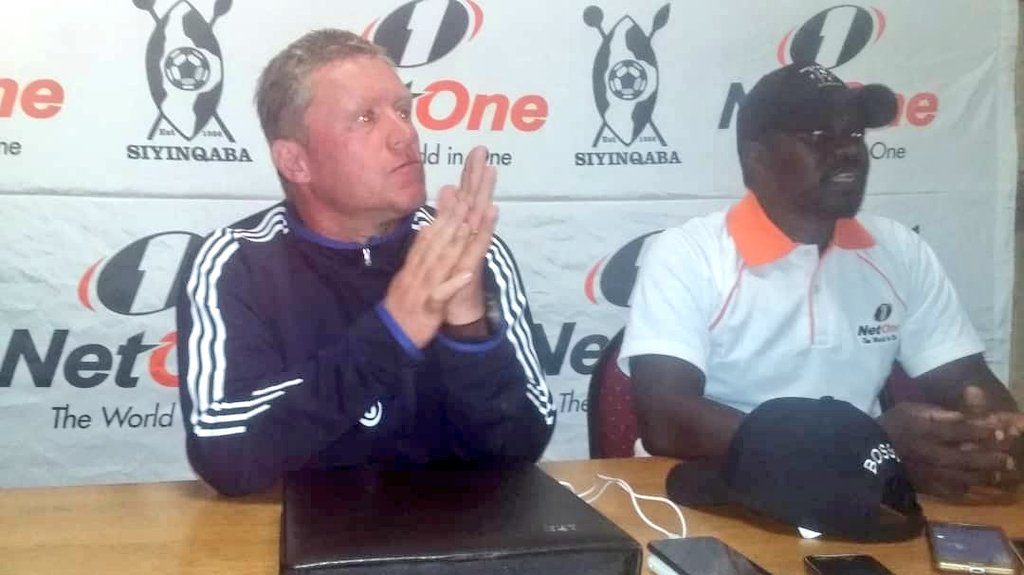
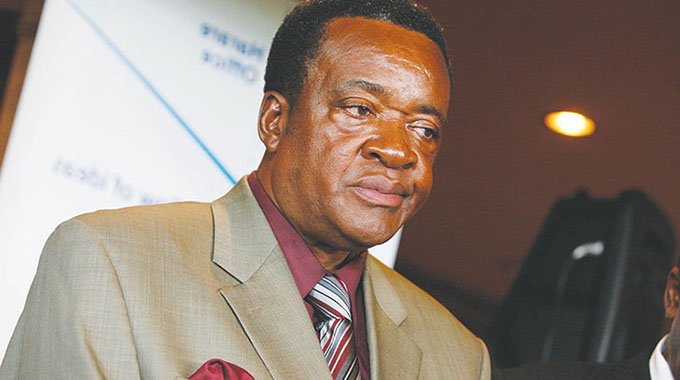
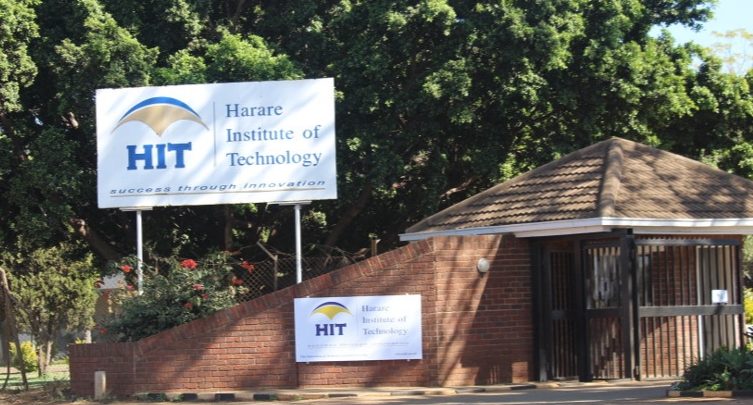
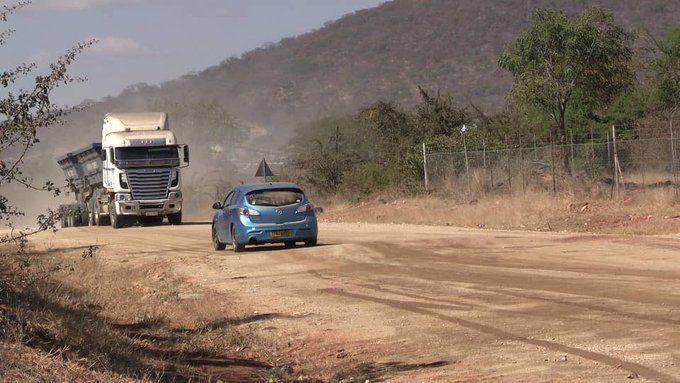
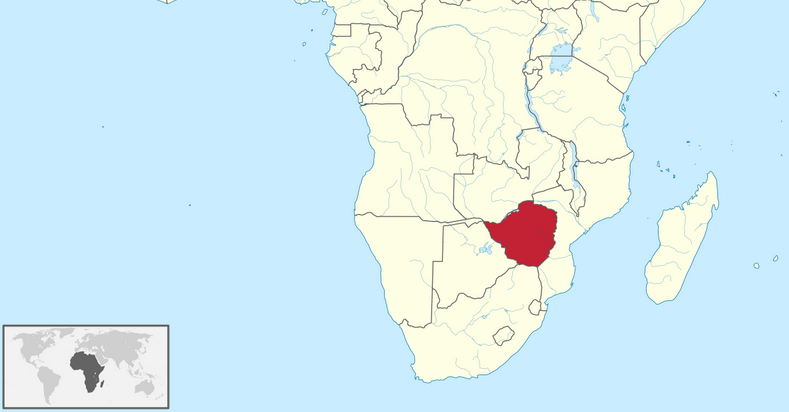
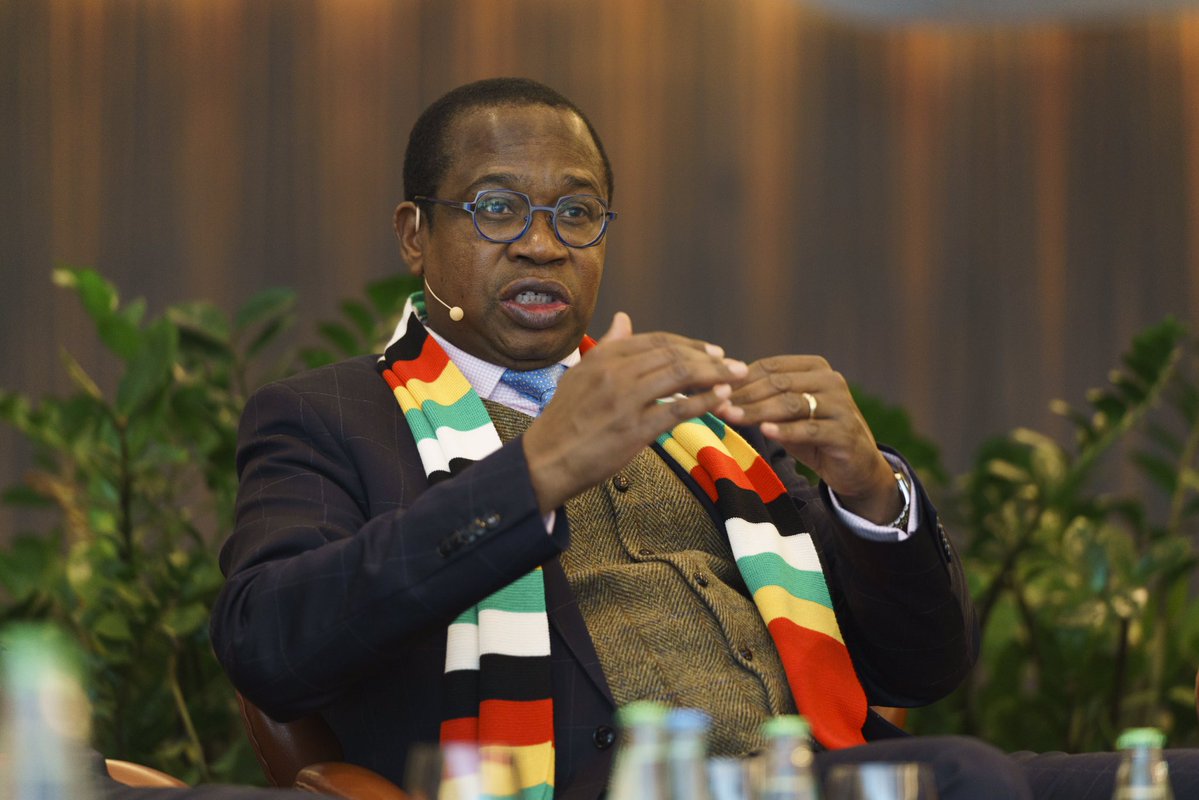
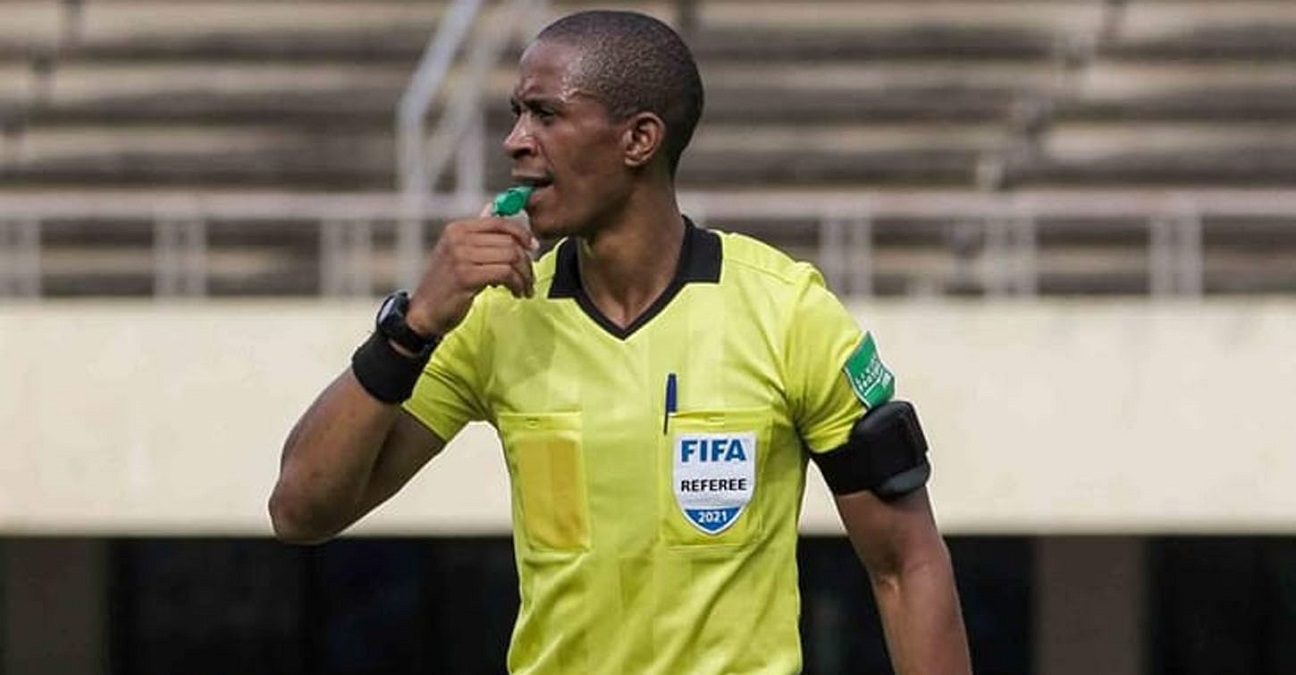

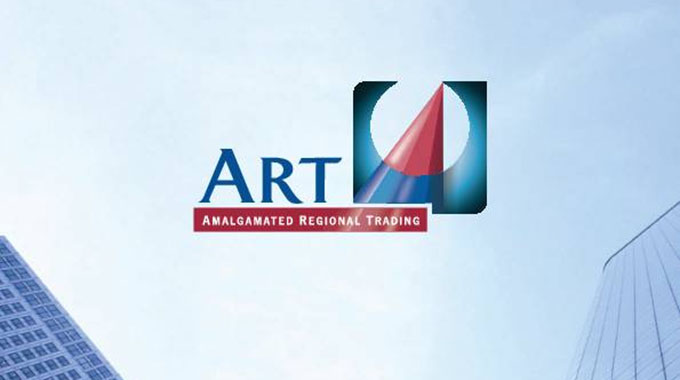


 Young Investment Professional (YIP) Graduate Programme 2019
Young Investment Professional (YIP) Graduate Programme 2019
Editor's Pick